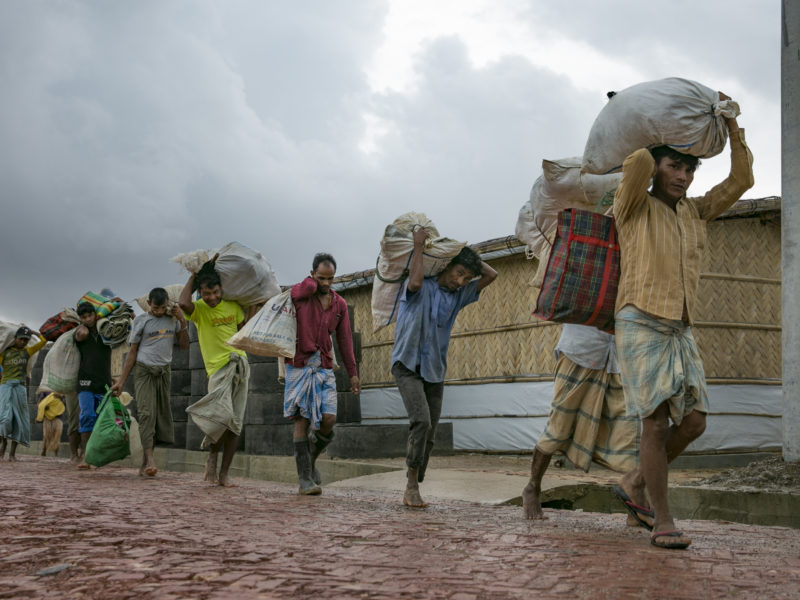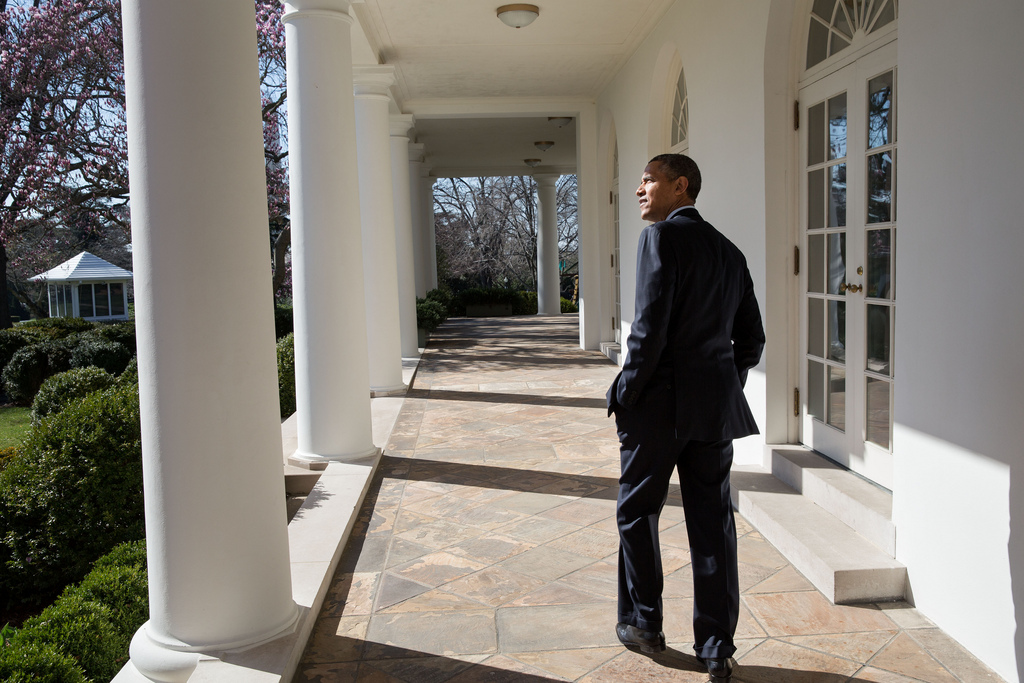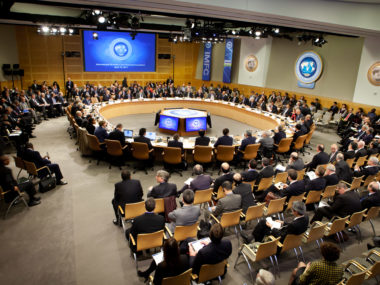Guest post by Nina von Uexkull and Halvard Buhaug
While former US President Donald Trump frequently denied man-made climate change, the Biden administration has pledged to make climate change a priority, including for national security. In line with years of thinking within the defense sector, the Biden-Harris team refers to climate change as a “threat multiplier,” pointing to risks of regional instability and resource competition driven by worsening environmental conditions. This perspective also aligns with the initiatives of other countries that have pushed climate security in the UN Security Council and other international bodies.
Indeed, 2020 earned the dubious distinction of tying with 2016 as the hottest year on record, and the 2010s were the warmest decade. Observed global ice loss now seems in line with worst-case climate scenarios. Simultaneously, the world has seen an increase in armed conflicts to numbers not witnessed since the early 1990s.
Do these parallel trends mean that global warming has contributed to the increase in conflicts? The academic research on climate change and security, which has greatly expanded over the past decade, shows that there is no simple answer to this question.
Let’s start with some good news: overall, climate change does not appear to be an important cause of armed conflict. Over and over again research has failed to detect a clear relationship between the outbreak of large-scale violence and climate-related disasters such as floods, storms, and droughts. Similarly, although a link between climate-related migration and the outbreak of violence is commonly assumed, there is so far inconclusive evidence to support such a link, even where we might expect it most. For example, in Bangladesh where floods frequently drive people from their homes, recent research shows that these migrants do not drive urban unrest. While some studies show that climate migrants may be involved in conflict and protests, it does not seem to be a universal pattern. Similarly, other assumed drivers of conflict, such as decreases in inter-ethnic trust following disasters, are not supported by empirical evidence in a new study on sub-Saharan Africa.
Does this then mean that climate change should not be treated as a security threat? We do not think so. Evidence is mounting that in specific contexts, climate-related disasters do indeed elevate risks related to internal armed conflict and social unrest. Political marginalization along ethnic lines and economic dependence on agriculture are drivers of such vulnerabilities as a range of studies conclude. There is also new evidence that local food and water scarcity—among other effects of climate change—reinforce each other in increasing the potential for social unrest. Ongoing conflict plays an important role, too. Where violence already rages, development slows and the means by which to cope with climate hazards are blocked. For example, in the ongoing Syrian civil war, fertile agricultural lands were targeted by all sides, especially during drought.
Most importantly, climate change is accelerating—what we know about the world today may not be true tomorrow. If current emissions continue, the world is on track to reach a 3-degree Celsius rise in global temperatures by the end of the century. Pushing populations outside the range of experienced climatic extremes may trigger tipping points in the climate and in societies that result in unprecedented risks. Future climate security risks are uncertain but likely much higher than current ones.
Ensuring that the US and other major economies succeed in reducing emissions in line with the Paris Agreement, as the Biden-Harris team has pledged to do, is thus pivotal to avoid entering these unchartered waters. Yet, based on what we know about climate and conflict, monocausal responses focusing only on the environment will be insufficient. Ending conflicts and strengthening the coping capacities of fragile, marginalized, and agriculture-dependent regions, is critical for preventing security risks to current and future societies in a changing climate.
Nina von Uexkull is Senior Lecturer in International Relations at Stockholm University and Associate Senior Researcher at the Peace Research Institute Oslo. Halvard Buhaug is Research Professor at the Peace Research Institute Oslo and Professor of Political Science at the Norwegian University of Science and Technology.
This post draws on a new Special Issue on Climate Change and Security in the Journal of Peace Research.







